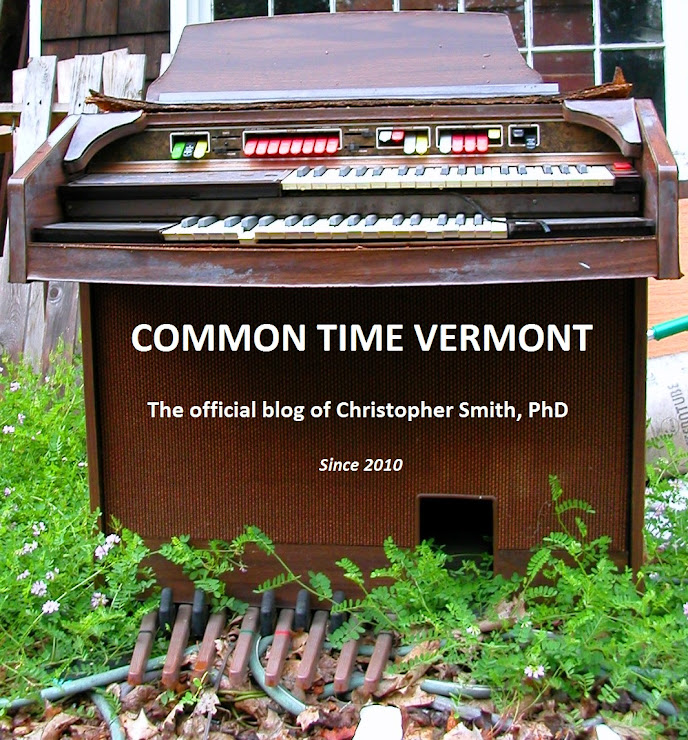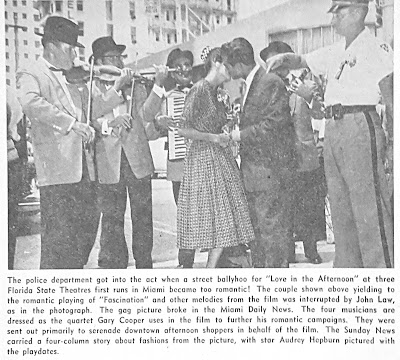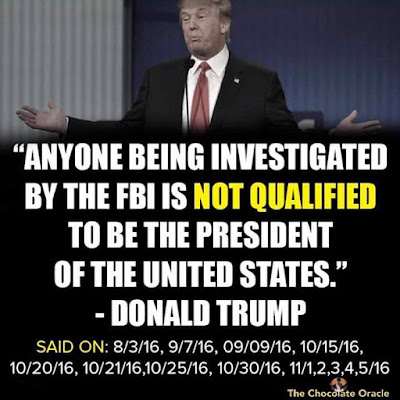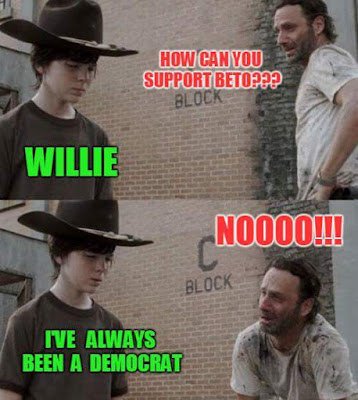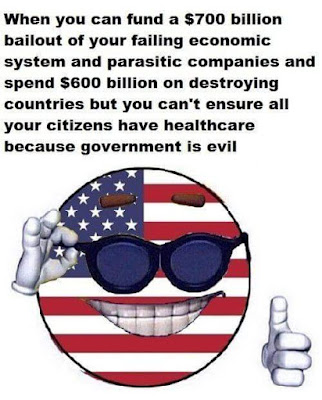If ever there was a year for auld acquaintances—the personal
and professional— to suddenly be relegated to their place in the past, it was
2018. I left the comforts of the home I made over a dozen years of living in
central Vermont, and headed west, with a Subaru full of instruments, clothes,
and frontier spirit. I asked for and was granted an unpaid year of leave from
my institution, Vermont Technical College, and my position in the English,
Humanities, and Social Sciences department. In my role as project manager for
Urban Neighborhoods, Inc., I have taken on a number of tasks towards historic
preservation and research related to buildings in Trinidad, Colorado, including
the Fox (West) Theater on Main St. The change of scenery has been startling,
but welcome.
Above and around us circles uncertainty—economic, social,
political. The heroics of the past cannot dismiss the inarticulate and sloppy
sins of the present. The future is ours with which to make something new, to
refresh the best institutions in our society and to question every convention.
In the spirit of a better future—one in which humankind treats each other with
more fairness than ever before—the images below are presented.
These are psuedomemes—memes built of advertisements printed
long ago. I believe the meme continues to be a vehicle for important social,
political, and economic statements of belief; regardless of the corporate
channels through which they may be transmitted, (the best) memes are often homespun,
grassroots, uncited, simple. These images are taken from Exhibitor magazines,
circa 1967-68. Each—taken metaphorically—may be a New Year’s greeting to you, and may hold some prophecy for the next 12 months: what might be stopped forever? What big thrills will go over big, and what will actually play well in your house? What ballyhoo, and what classifications may come? What love in the afternoon? What profits, what promotions, and what new and high times?
As for auld acquaintances-- let it be said-- these shall ne'er be forgot, but held dear, if only as memory. All the best in the 2019--
